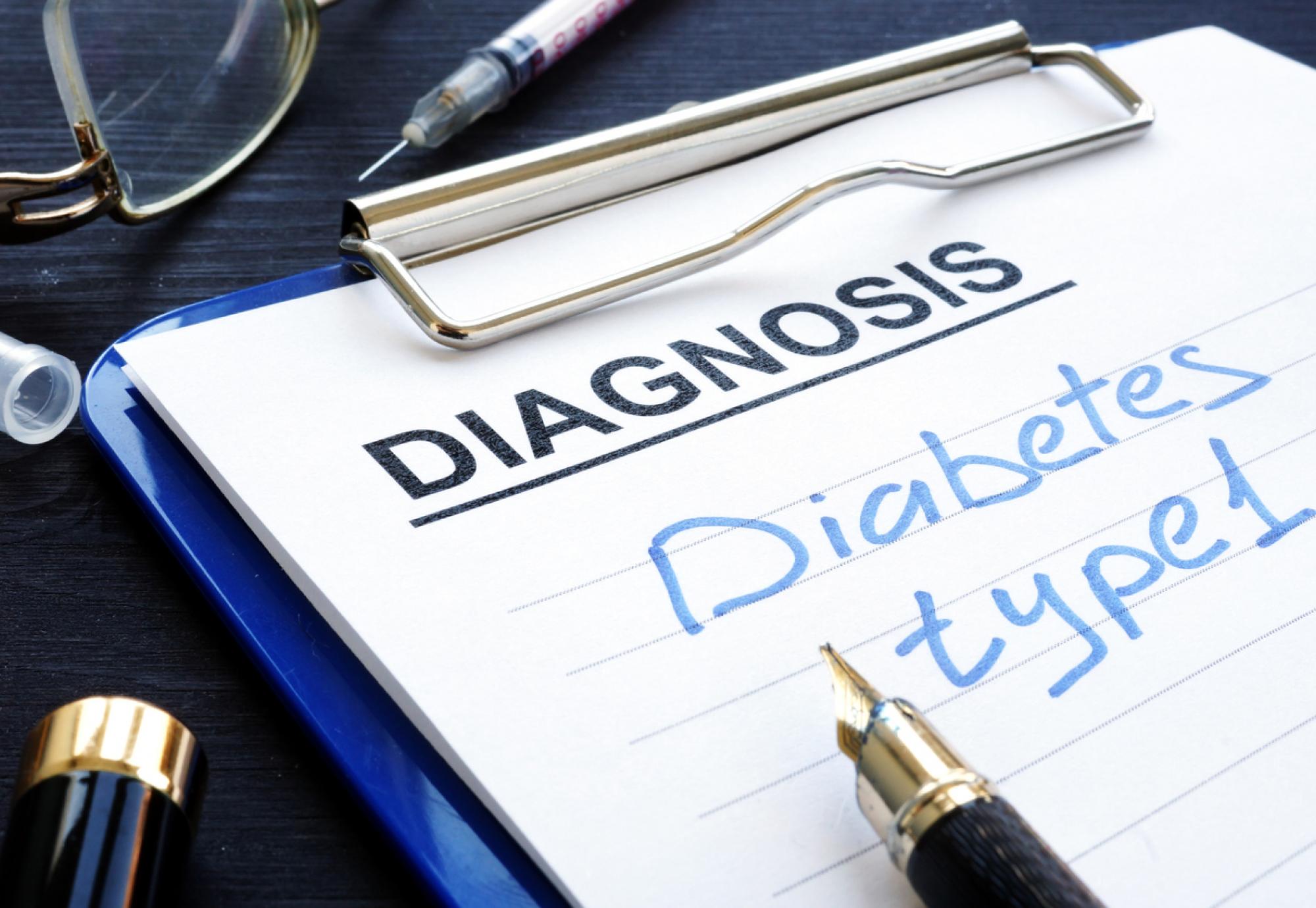More than 100,000 people with type 1 diabetes could be set to benefit from new technology that gives the patient access to an ‘artificial pancreas’ as the National Institute for Health and Care Excellence (NICE) moves forward with draft guidance.
NICE’s guidance recommends the use of hybrid closed loop systems, which use mathematical algorithms to work out how much insulin the body needs to keep glucose levels at an optimum.
Successful NHS trials of the process – which includes a patient being fitted with a continuous glucose monitor that feeds data to a body-worn insulin pump for the mathematical calculation – allowed NICE to consider whether wider adoption of the technology was viable.
Mark Chapman, interim director of Medical Technology at NICE, said: “Some people living with type 1 diabetes struggle to manage their condition, even though they are doing everything asked of them by their diabetes team. This technology is the best intervention to help them control their diabetes, barring a cure.
“At a time when the number of people with diabetes is rising, we have to focus on what matters most to people who use NHS services by balancing recommending the best care with value for money.
“Our committee has reviewed the real-world data generated by the NHS and evidence generated by randomised controlled trials which show there are clear benefits of recommending the technology’s use. We look forward to working with NHS England and industry to ensure a cost-effective price can be reached which is fair to taxpayers.”
The technology could benefit up to 105,000 of the approximate 278,000 people who are living with type 1 diabetes in England and Wales. But before they do, the daft guidance stipulates that NHS England must agree a cost-effective price for the systems on behalf of the various different health bodies.
The average annual cost for the technology is estimated to be £5,744, which is higher than what NICE deems to be a cost-effective uses of NHS resources.
Professor Partha Kar OBE, national specialty advisor for diabetes at NHS England, said: “This technology has been proven to give the best control for managing type 1 diabetes and should make things like amputations, blindness, and kidney problems possibly a thing of the past.
“We have seen fantastic results from the real-world trials which have taken place and thank you to NICE for their review of the evidence and subsequent conclusions. The quality of life this technology gives to those using it is huge.
“We look forward to working with industry colleagues to help ensure this technology can be made available to those who need it.”



















